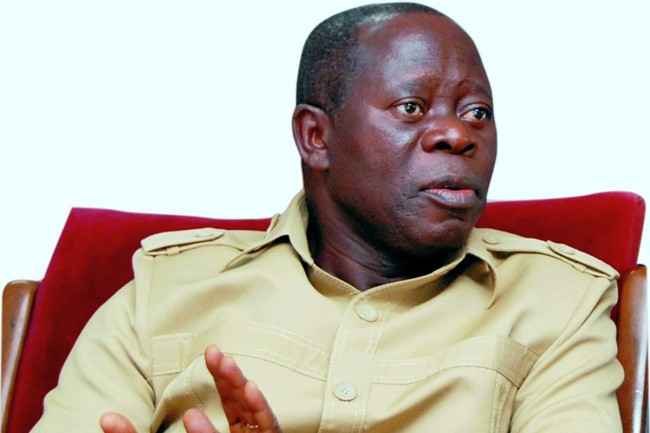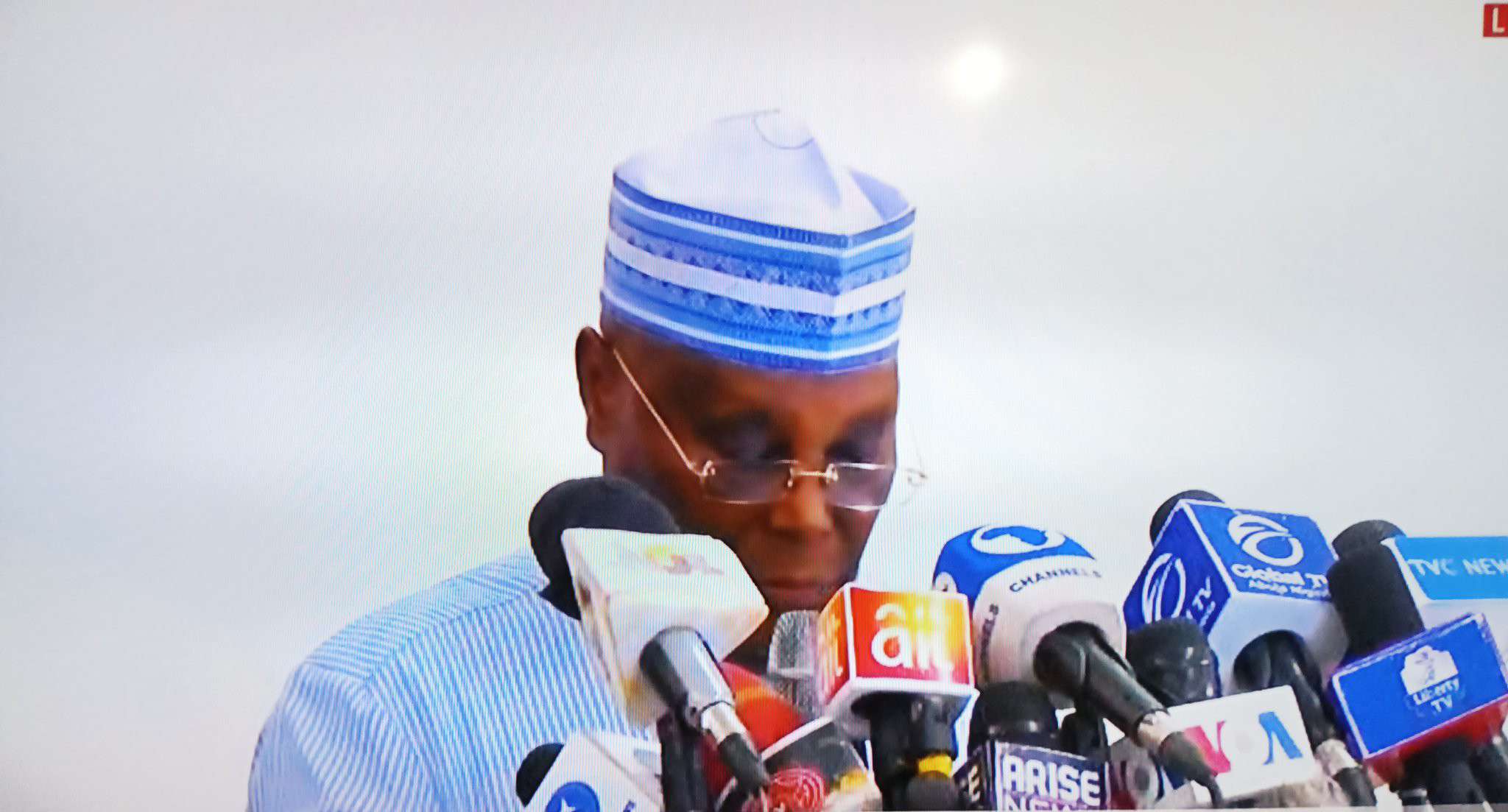Business
NUPENG blasts Oshiomhole, brands him ‘Judas of labour movement’

The Nigeria Union of Petroleum and Natural Gas Workers (NUPENG) has lashed out at Senator Adams Oshiomhole, accusing the former labour leader of betraying the very principles he once defended by criticising a recent strike by oil workers.
In a statement jointly signed by its president, Williams Akporeha, and general secretary, Afolabi Olawale, NUPENG described Oshiomhole as “the Judas Iscariot of Nigerian trade unionism,” faulting his comments as a distortion of labour laws and International Labour Organisation (ILO) conventions.
Oshiomhole, a onetime fiery president of the Nigerian Labour Congress (NLC) from 1999 to 2007, had told ARISE News on 3 October that the nationwide strike by the Petroleum and Natural Gas Senior Staff Association of Nigeria (PENGASSAN) over the dismissal of 800 indigenous workers at Dangote Refinery was “hasty” and risked hurting other employees.
“What I’m not sure is right is the ease with which PENGASSAN resorted to escalating the matter to a secondary level, what you call the secondary solidarity, to a point of shutting down the oil sector,” Oshiomhole said, arguing that strikes should not jeopardise the jobs of uninvolved workers or disrupt the economy.
But NUPENG hit back, accusing the senator of siding with capitalists and abandoning the ideals of workers’ solidarity. “His attempts to rationalise the victimisation of workers for exercising their fundamental rights of association and peaceful action are nauseating,” the union declared.
The union further mocked Oshiomhole’s moral authority, saying: “How would a person who once advised alleged corrupt politicians to join the APC to have their sins forgiven have the effrontery to sermonise on morality?”
It also accused him of clinging to power during his unionist days, claiming he never truly resigned as general secretary of the National Union of Textile, Garment and Tailoring Workers of Nigeria before assuming the NLC presidency.
Defending PENGASSAN’s action, NUPENG cited Section 31 of the Trade Union Act, which it said allows strikes declared on sympathetic grounds. It insisted that joining forces with the dismissed refinery staff was lawful and necessary.








